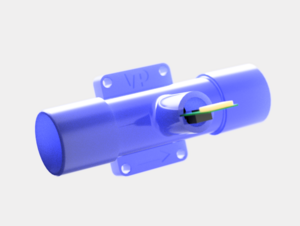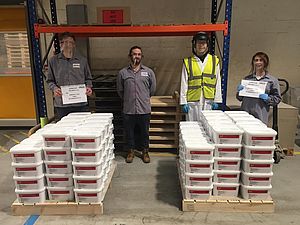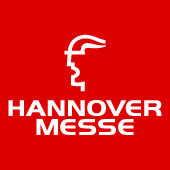In the current COVID-19 crisis, Manufacturing Execution Systems (MES) for computer-aided, digital manufacturing processes in the pharma and biotech industry are becoming more important than ever – for the simple reason that paper-based production workflows do not allow for remote control. For pharmaceutical and biotech companies, online and remote processes are the prerequisite for being able to maintain their systemically important functions. "As part of our coronavirus response campaign, we offer regular consultation hours to support our customers and non-customers in this crisis," says Jan-Henrik Dieckert, Senior Director Global Sales & Marketing at Werum IT Solutions. "During these web conferences, we exchange ideas with the participants, gain a better understanding of their actual needs and promote our extended range of services – online and remote. Being customer-centric is crucial in the current situation."
The Consultation Hours take place several times a week with starting times accommodating different time zones in Europe, Asia and America. Anyone who is interested can register for these free live web conferences at www.werum.com. "We are able to both prepare and execute an MES software project in a largely remote way. We can help our customers solve staffing shortages by putting our resources at their disposal for a variety of tasks – from business benefit analysis via MBR design through to configuration and parameterization of the PAS-X MES system," adds Torsten Isenberg, Senior Director Services at Werum IT Solutions.
Werum can already see that most of the pharma and biotech companies do not want to wait any longer with their MES investments. Once the crisis is over, the company expects a huge demand for its software and consulting offerings: "One thing becomes glaringly apparent in this crisis: Only computer-aided manufacturing of medicines enables a rapid and efficient response to unforeseen events such as the COVID-19 outbreak. MES-controlled digital production procedures save time and effort and mitigate risk,” adds Jan-Henrik Dieckert.
























